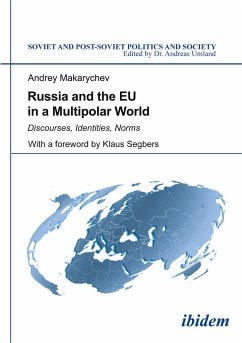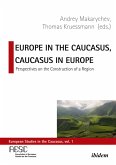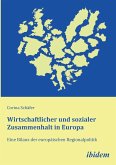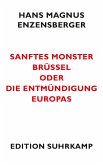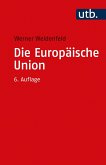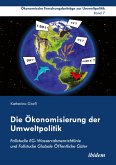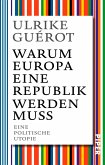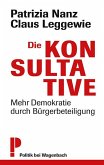This timely book offers a multifaceted analysis of EU-Russian relations, drawing on the investigation of competing models of international society. Makarychev argues that the huge variety of interest-based and normative models is best explained through the study of foreign policy and identity discourses. His approach defies simplistic explanations of EU-Russian relations as either destined for cooperation or doomed to constant collisions. Instead, Makarychev unveils multiple alternatives that both the EU and Russia face in their policies toward each other. Assessing the repercussions ongoing EU-Russian discord has on Europe and the world, Makarychev`s volume reveals the interconnectedness of the discourses dominating the EU and Russia while also accounting for the deep-seated disconnect between them.
"At a time when Western-Russian relations are in marked decline, Makarychev provides a well-structured, theoretically informed, and empirically rich account of the state and prospects of EU-Russia relations today. Providing concrete and well-argued policy recommendations, this book comes at the right moment in time and should find a wide readership among both Western and Russian observers and makers of foreign policy alike." Andreas Umland, Kyiv-Mohyla Academy

